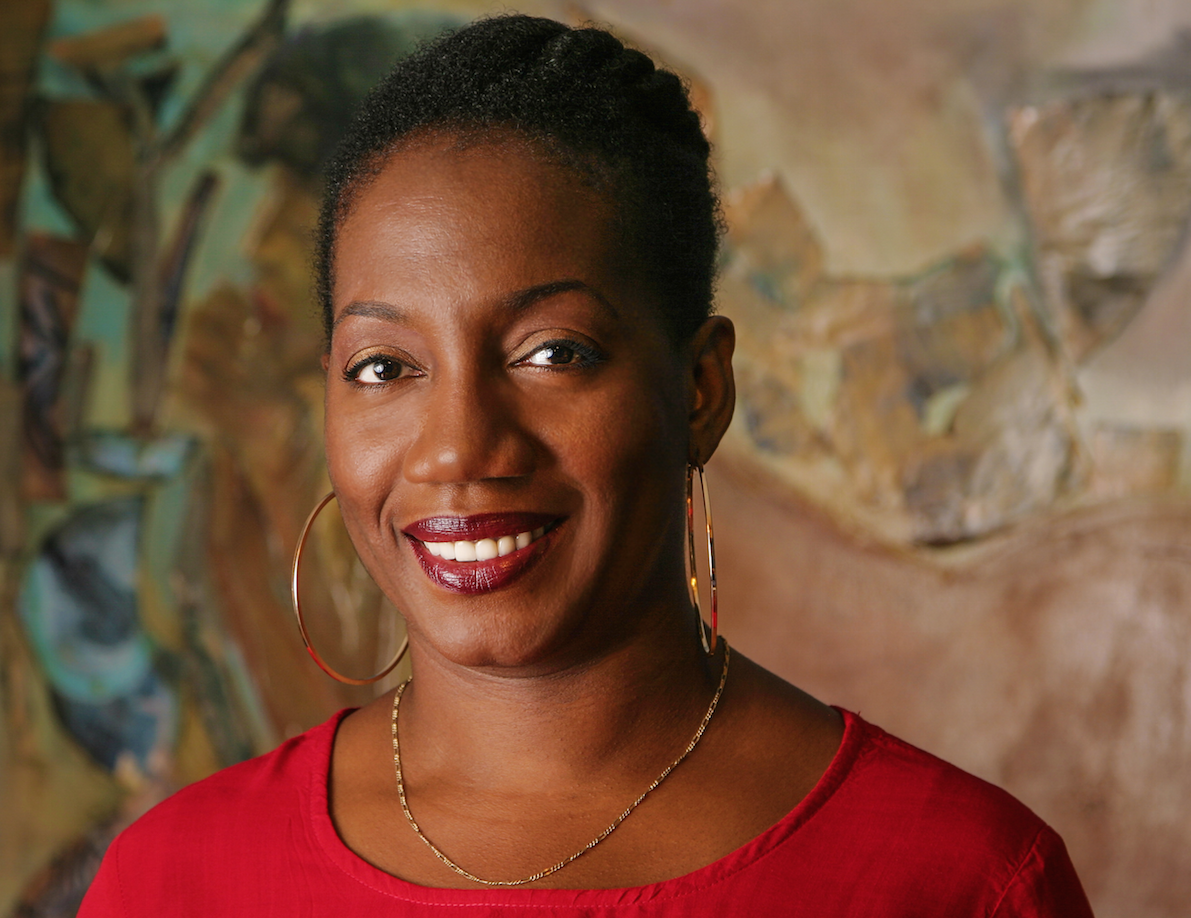
Paperback, 70 pgs.
I am an Amazon Affiliate
a more perfect Union by Teri Ellen Cross Davis opens with “The Goddess of Blood,” a poem emerging from the blood of birth and death, much like a nation ripping itself from it’s parent nation. Davis’s collection doesn’t directly make these parallels but much of it is implied, and the subtlety of it can be overlooked as you get lost in the sensuous language of being a woman, birthing children, and much more in the opening poem. “my sacrifice, a carmine current soaked/the delivery bed.” (pg. 4)
In her narrator’s journey from Washington to Ireland to Kenya, we see a woman who is cognizant of how color is perceived in different situations — the blackest of the blackberries and the darkest current being the sweetest while teasing out deeper tones of darkness in Kenya in the sun is something never considered in the United States. Readers will note in “Black Berries” that there is this sense of forbidden, but we must stop and ask ourselves why is it forbidden when the blackest of berries yields the sweetest, most pleasurable taste?
From "3939 Strandhill Road, Cleveland, Ohio" . . . Grief unravels my tightrope. I rage at seeing the ground rush up, my center of gravity gone.
Davis’ poems leave readers tumbling at times, hearing and seeing the past and the grief, but also the rage at what transpired. It is an anger that boils beneath, and there is a strong sense of family throughout the collection. It is of the utmost importance, so much so, there are gods among us. Stories we haven’t heard. “Baby Girl” is one of the most powerful poems I’ve ever read, and while I don’t want to spoil the read for you, I will say that it could be triggering for those who have experienced sexual assault and other similar traumas. Davis does not shy away from the big issues facing our children today, especially Black boys. In “Knuckle Head,” she takes them head on: “My son cannot continue this path. Black boys/can’t lose control at twelve, eighteen, even forty-three./they don’t get do-overs.”
In the second part of the collection, we’re taken not only a musical journey, but on a journey that creates for us new gods and goddesses — ones that speak the truth no matter how difficult and ones that see sexuality as freedom. “The First Gospel of Prince,” speaks: “The air sears between hips, this melody/is a startled beauty – breathe in halting sips.//” These poems are a musical treat, a homage to musical gods, and a look at how sensuality and sexuality don’t have to be hidden or set aside as we age.
One of my favorite poems, “This Poem Suggests Revolution,” speaks to the America we’ve seen — the one that is asleep at the wheel, coasting along the road with its eyes closed, only startled awake by the “occasional” beeping horn. “If the pursuit of happiness,/life, and liberty came from the creator, she is/about to backhand you in the face.//” We see that anger against an America that is willfully blind to its past and its continued faults. It seethes, but there is still a sense of hopefulness in a “rewriting” of the American story, a move toward an America closer to its ideals. The road is harsh, but the poet, the narrator, and the reader will come away believing in “a more perfect Union.”
a more perfect Union by Teri Ellen Cross Davis was a roller coaster of emotions, as it should be. It begs readers to see the America we are from the perspective of someone we are not (or even may be) and whose history we do share (even if we ignore it) in order to elicit empathy and action. We’re beyond the platitudes here. We are in the thick of the struggle, and we are called to action.
RATING: Cinquain
Don’t forget to check out my interview with Teri.

Teri Ellen Cross Davis is the author of a more perfect Union, 2019 winner of The Journal/Charles B. Wheeler Poetry Prize and Haint winner of the 2017 Ohioana Book Award for Poetry. She’s a Cave Canem fellow, member of the Black Ladies Brunch Collective, and lives in Maryland.



